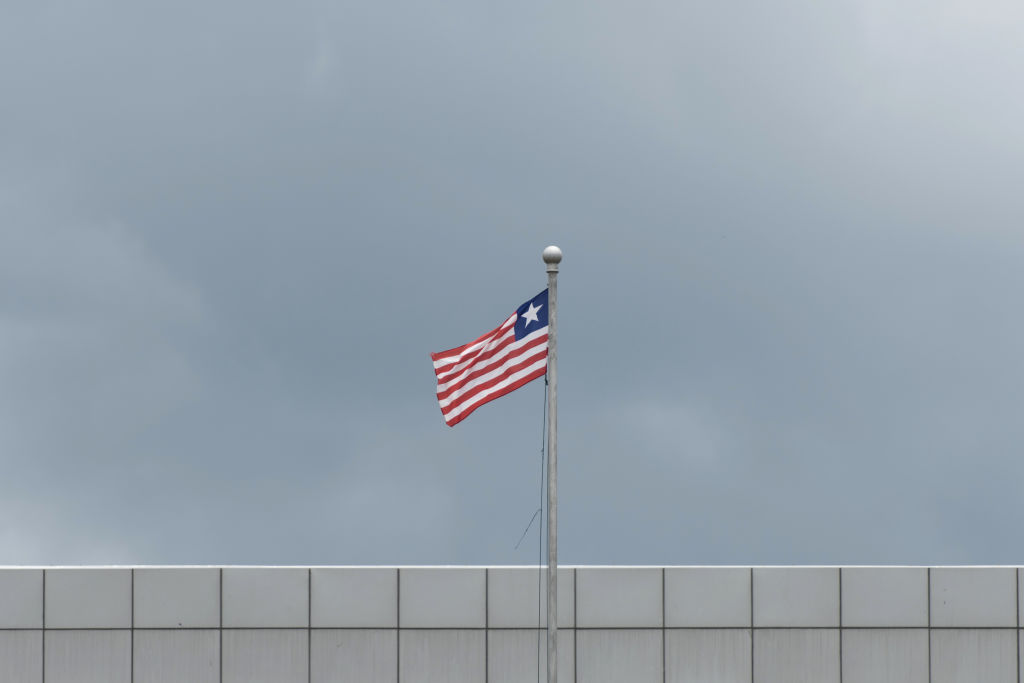Internalizing White Supremacy: What We Can Learn From Liberia
In the wake of the shootings of George Floyd, Breonna Taylor and Jacob Blake, many white Americans are grappling with the realization that racism is deeply entrenched in society. Yet, for Black Americans, an uncomfortable question is whether white racism is so foundational to the American experience that inevitably it lives even within us. Regrettably, that question was first answered centuries ago when a band of former slaves and freed Blacks left the United States to start their own country.
They called it Liberia and it was meant to be, as its name suggests, the land of freedom. Yet, what they built was far from free. These ex-slaves and freed Blacks organized a new society that mixed Jim Crow-style segregation with outright exploitation over the majority indigenous population in Liberia. The example of the Americo-Liberians painfully demonstrates that in this season of change, even we, as Black Americans, must challenge our own internalized white supremacy.
In antebellum America, the idea of sending former slaves and free Blacks back to Africa was appealing. No less than Abraham Lincoln himself initially supported the idea. Led by prominent slaveholders who disdained slavery but disdained the idea of free Black people even more, they set up the American Colonization Society (ACS). Most abolitionists, including Frederick Douglass, vehemently opposed it, but for tens of thousands of Black Americans – whether by the force of white masters or the voluntary desire to start anew – took their chances in Africa rather than remain in the United States.
With financial assistance of wealthy whites, they eventually organized Liberia. It would be only the second Black republic in the world after Haiti. The founders of Liberia, in their Constitution, rejected white supremacy, outlawed slavery, and highlighted the oppression they had escaped in the United States.
Yet, though their intentions were good, they could not escape the trauma of their oppressed experience. Thus, in a land of thatch huts, the Americo-Liberians built grand plantation style mansions with stately colonnades, spacious rooms and verandas equal to the ones they left back in the United States. Despite the equatorial climate, they dressed in formal nineteenth century clothes including top hats and frock coats. They adopted the symbols of home such as a red, white and blue flag. They named their settlements and towns along the coast Georgia, Virginia, Kentucky, Maryland, Louisiana and Mississippi.

Source: AFP Contributor / Getty
The Americo-Liberians wrote their own Declaration of Independence which began “We, the people of the Republic of Liberia were originally the inhabitants of the United States of North America.” The problem, though, is that “we, the people” did not include the original inhabitants of Liberia itself. Three major ethnic groups – the Kwa, Mande, and Mel – lived there long before the Americo-Liberians arrived. Despite only consisting of no more than 4 percent of the overall population, the Americo Liberians deprived the indigenous groups of citizenship in the new country. Most, in their writings back to America, dismissed the indigenous population as monkeys or lazy children in need of Christianity. They even adopted the same tactics of the segregated American South by limiting the rights of native men to marry or have sexual relationships with Americo-Liberian women and requiring indigenous natives to enter through back doors. The Americo-Liberians would rule over the local populace for more than 170 years until they came undone in a coup led by indigenous army officers.
Even an ocean away from white supremacy and surrounded by Blackness, these former slaves sought the approval and lives of their former masters. Yet how could they not for oppression was all they knew. In America, we have all been socialized the same: We read the same stories and have been told the same lies. Thus, as Black Americans, we are indeed vulnerable to replicating the system we are bathed in.
In this context, we better understand how Black men can permit the erasure of the Black women who organized, directed, and advanced the Civil Rights Movement. In this context, we understand how lighter-skinned Blacks are more acceptable in the sight of both whites and Blacks and why skin creams and hair straightening procedures make billions. We also understand why the fact that an epidemic of transgender Blacks being killed raises barely a yawn within the Black community.
For many Black Americans, the need for introspection at a time of so much outward hostility from white America may seem odd. Yet the depressing reality is there is no telling when, or even if, white America will ever do right by Black America. We have no control over how white America treats us, but we do have control over how we treat each other. That means Black men must recognize their privilege and be willing to march for Breonna Taylor, stand up for Black women in board rooms and reject sexist attitudes in music and culture. It means being brave enough to call out homophobia in our churches. It also means knowing the names of Brayla Stone, Merci Mack, Shaki Peters, and all the other transgendered individuals killed this year and be willing to march for them, too.
The mistake of the Americo-Liberians was believing they could dismantle white supremacy by beating it at its own game. But as Audre Lord noted, the master’s tools will never dismantle the master’s house. If we seek change in white America, perhaps we should bring change to our own community, as well, and, in doing so, we can show them how they can change too.
Chris Richardson, an immigration lawyer, was a U.S. diplomat between 2011 and 2018 and served in Nigeria, Nicaragua, Pakistan, and Spain.















